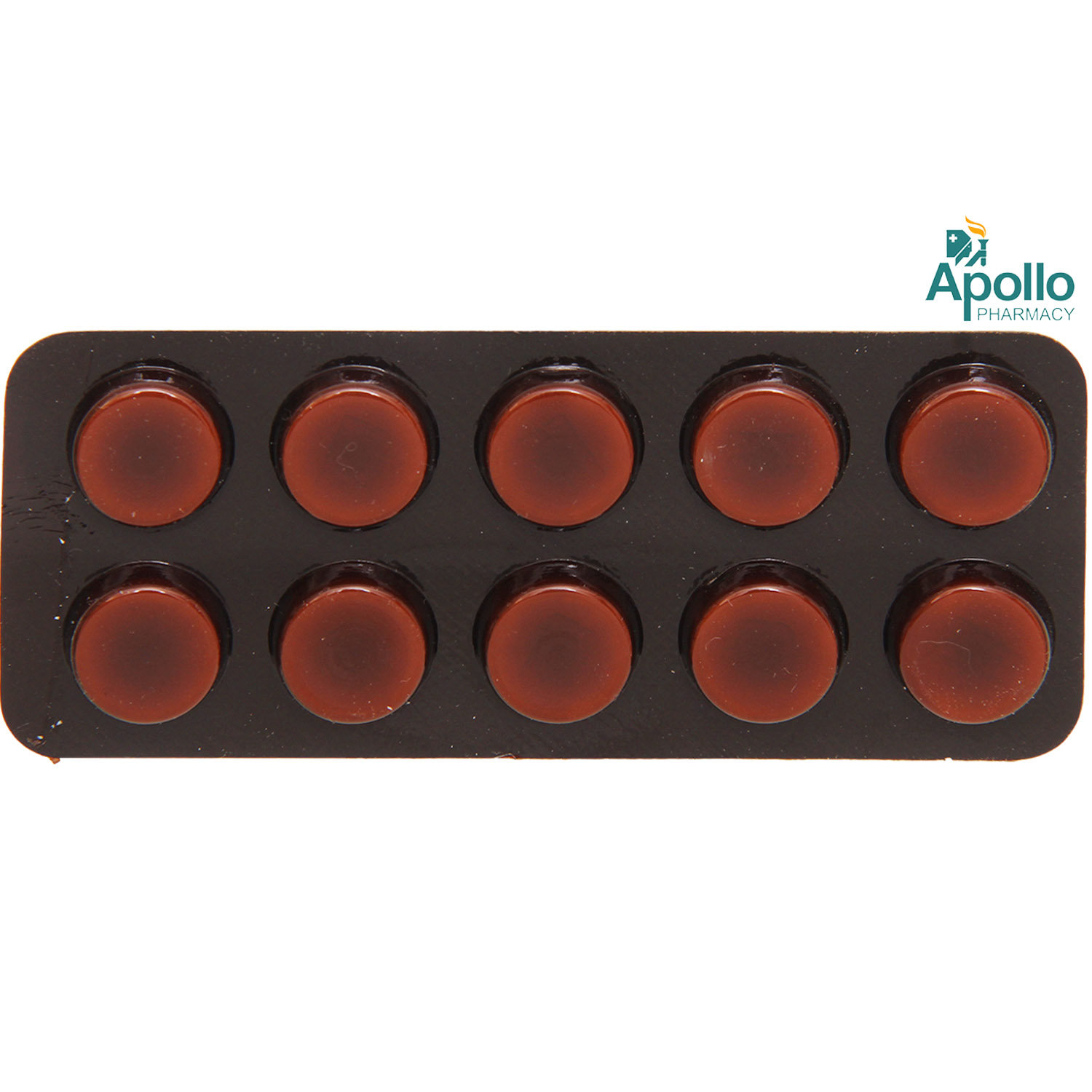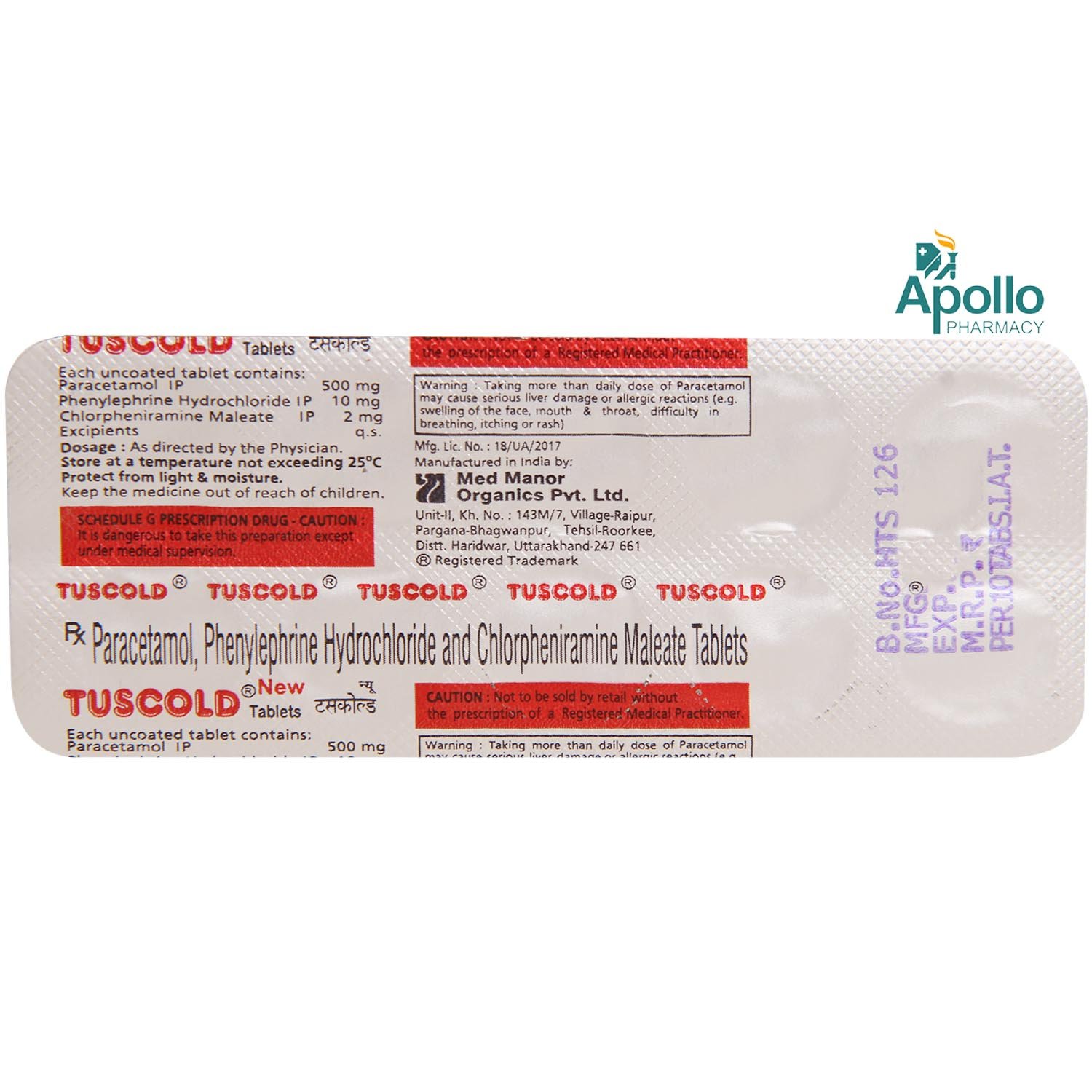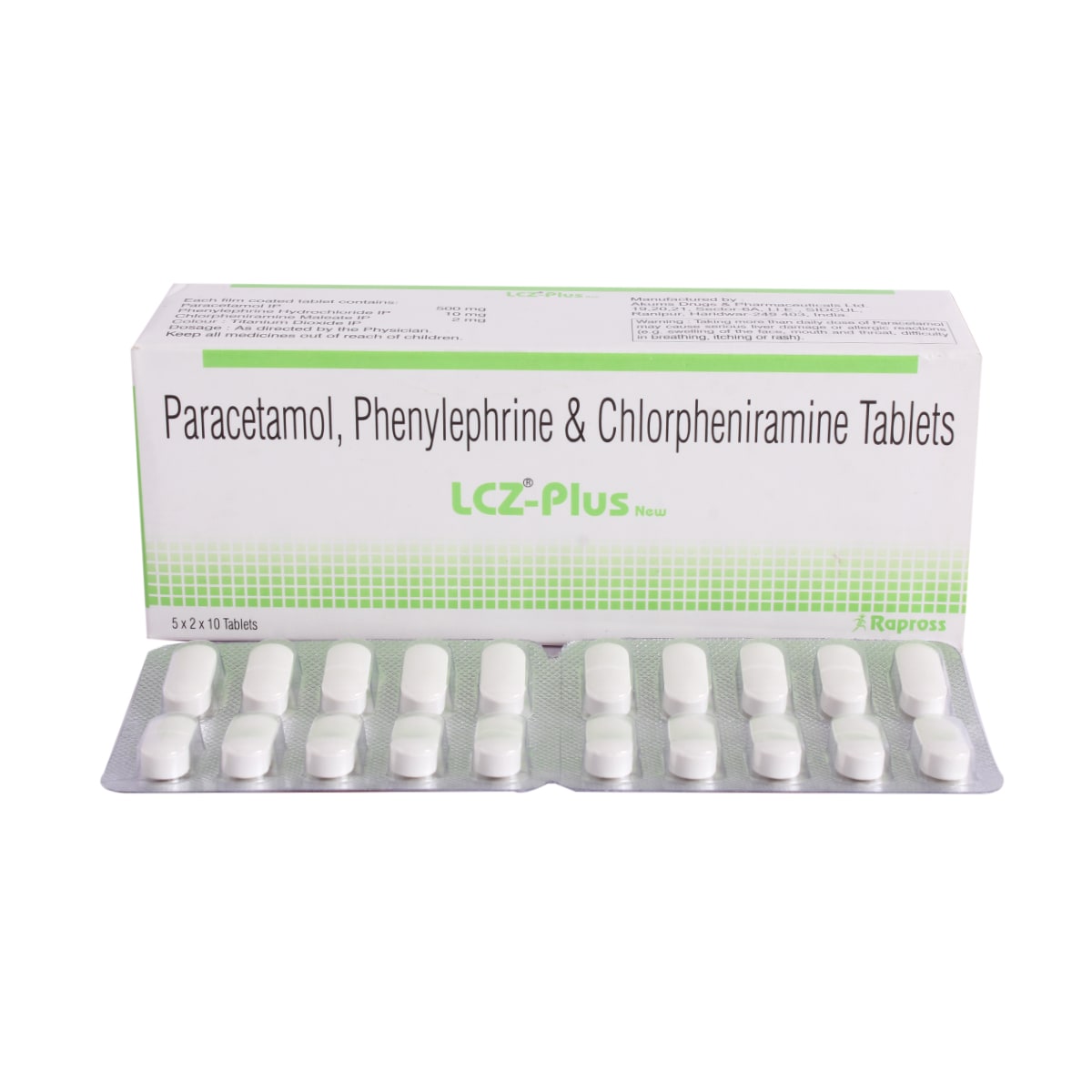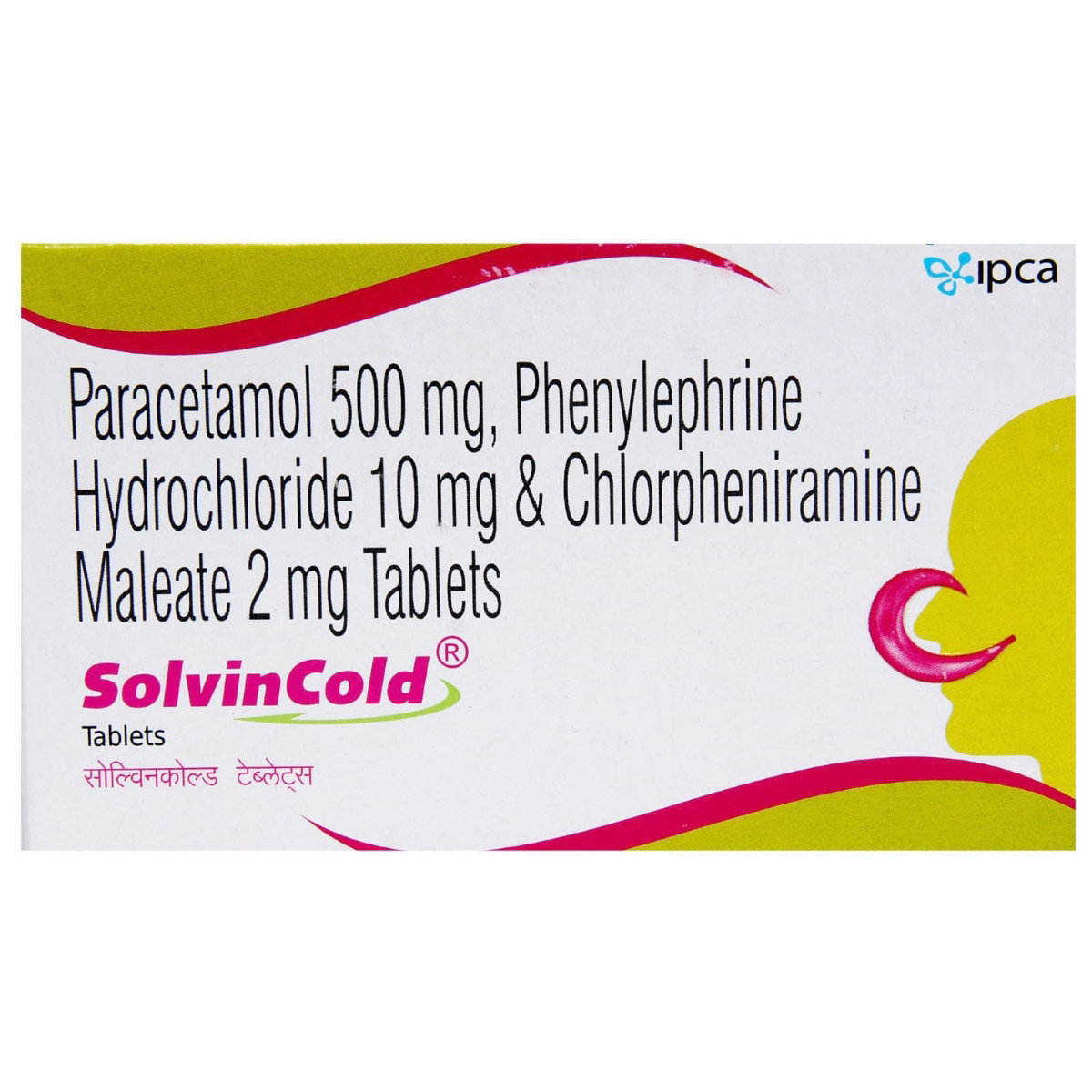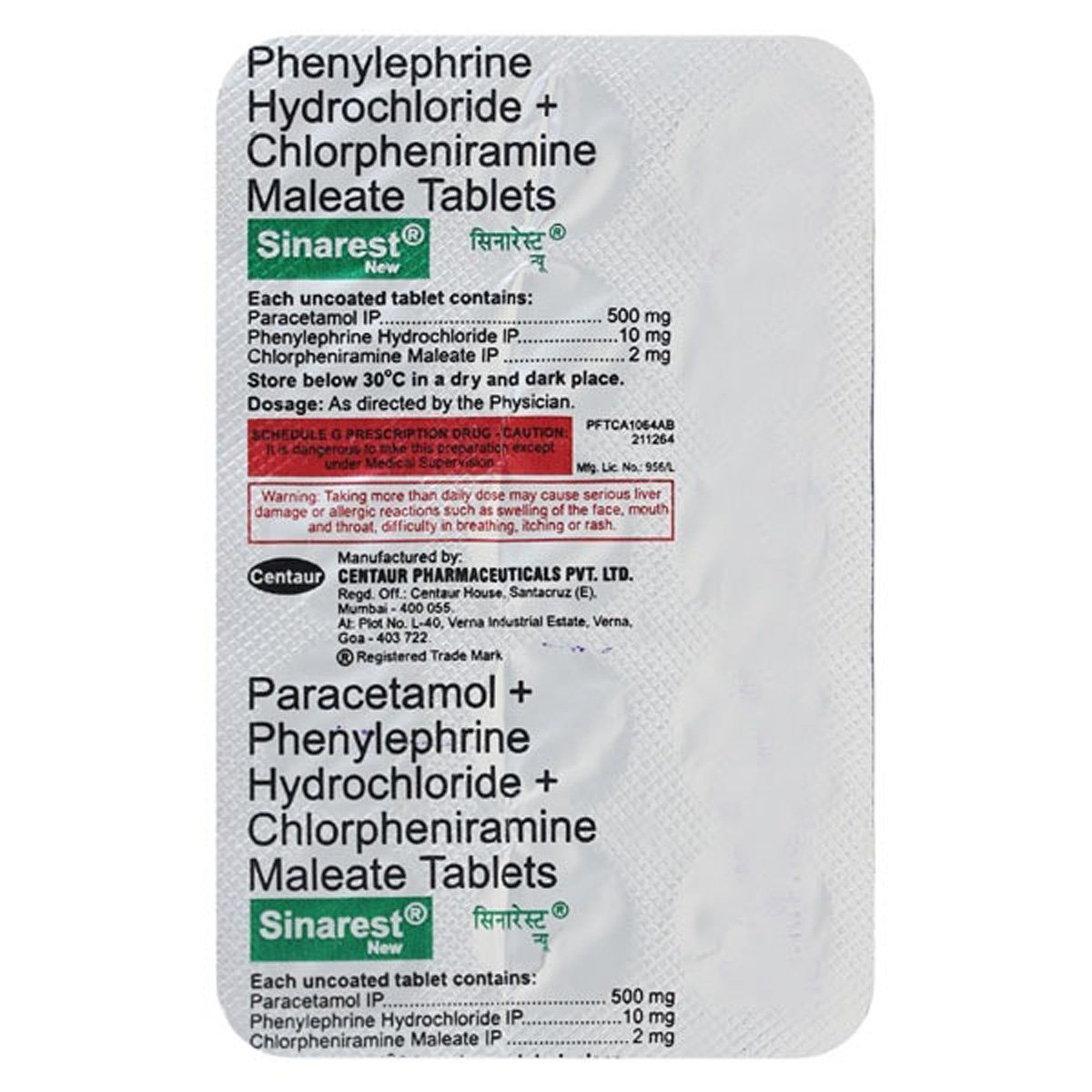TUSCOLD TABLET 10'S
MRP ₹48.5
(Inclusive of all Taxes)
₹7.3 Cashback (15%)
Provide Delivery Location
Online payment accepted
 Prescription drug
Prescription drugWhats That
Manufacturer/Marketer :
Consume Type :
Expires on or after :
Return Policy :
About TUSCOLD TABLET
TUSCOLD TABLET belongs to the class of medication called 'cough and cold medications' primarily used to treat symptoms of the common cold and allergies like sneezing, runny/stuffy nose, fever, headache, body pains, congestion, or watery eyes. The common cold is a respiratory illness affecting the nose and throat. It is mostly caused by viruses known as 'rhinovirus'. The virus enters the body through nose, mouth or eyes and spreads easily through droplets in the air when the person who is sick sneezes, coughs or talks.
TUSCOLD TABLET is a combination of three drugs, namely: Paracetamol (mild analgesic and antipyretic), Phenylephrine (decongestant) and Chlorpheniramine (antihistamine/antiallergic). Paracetamol is an analgesic (relieves pain) and antipyretic (reduces fever) that works by inhibiting the production of certain chemical messengers in the brain known as prostaglandins that are responsible for pain and fever. Phenylephrine belongs to the class of decongestants that works by shrinking the blood vessels in the nasal passage. Thereby, provides relief from congestion and decreases the excess mucus production. Chlorpheniramine belongs to the class of antihistamines (anti-allergic drugs) that works by blocking the action of histamine, a substance responsible for causing allergic reactions. It helps to provide relief from symptoms of allergy such as sneezing, running nose, watery eyes, itching, swelling, and nasal congestion.
Take TUSCOLD TABLET as prescribed. Your doctor will recommend you how often you take TUSCOLD TABLET based on your medical condition. Some people may experience drowsiness, nervousness, headache, dizziness, insomnia (difficulty in falling or staying asleep), blurred vision, constipation and dry mouth. Most of these side effects of TUSCOLD TABLET do not require medical attention and gradually resolve over time. However, if the side effects persist or worsen, please consult your doctor.
If you are allergic to TUSCOLD TABLET or any other medicines, please tell your doctor. If you are pregnant, it is advised to inform your doctor before using TUSCOLD TABLET . Do not use TUSCOLD TABLET in breastfeeding mothers without doctor’s advice as it may be excreted in breast milk and cause harm to the baby. TUSCOLD TABLET is not recommended for children below 4 years. Please do not take more than the prescribed dose of TUSCOLD TABLET as it may cause liver damage and can be lethal. If you have high blood pressure, diabetes, glaucoma, hyperthyroidism (overactive thyroid), chronic bronchitis, asthma, chronic obstructive pulmonary disease (COPD), blockage in stomach or intestines, enlarged prostate gland, pheochromocytoma (tumour in the adrenal glands), kidney, liver, heart or urinary problems, inform your doctor before taking TUSCOLD TABLET .
Uses of TUSCOLD TABLET
Directions for Use
Key Benefits
TUSCOLD TABLET is a combination of three drugs, namely: Paracetamol, Phenylephrine and Chlorpheniramine. Paracetamol is a mild analgesic (relieves pain) and antipyretic (reduces fever) that works by inhibiting the production of certain chemical messengers in the brain known as prostaglandins that are responsible for pain and fever. Phenylephrine belongs to the class of decongestants that works by contracting and narrowing the blood vessels. Thereby, provides relief from congestion and decreases the mucus production. Chlorpheniramine is an antihistamine (anti-allergic drug) that works by blocking the action of histamine, a substance responsible for causing allergic reactions. It helps to provide relief from symptoms of allergy such as sneezing, running nose, watery eyes, itching, swelling, and congestion or stiffness.
Storage
Drug Warnings
If you are allergic to TUSCOLD TABLET or any other medicines, please tell your doctor. If you are pregnant, it is advised to inform your doctor before using TUSCOLD TABLET . Do not use TUSCOLD TABLET in breastfeeding mothers without doctor’s advice as it may be excreted in breast milk and cause harm to the baby. TUSCOLD TABLET is not recommended for children below 4 years. Please do not take more than the prescribed dose of TUSCOLD TABLET as it may cause liver damage and can be lethal. If you have high blood pressure, diabetes, glaucoma, hyperthyroidism (overactive thyroid), chronic bronchitis, asthma, chronic obstructive pulmonary disease (COPD), blockage in stomach or intestines, enlarged prostate gland, pheochromocytoma (tumour in the adrenal glands), kidney, liver, heart or urinary problems, inform your doctor before taking TUSCOLD TABLET .
Diet & Lifestyle Advise
- Wash your hands with soap and water regularly to prevent the spread of germs.
- Eat plenty of foods rich in good bacteria like yoghurt to improve overall health.
- Drink plenty of fluids to avoid dehydration.
- Gargle with salt water for relief from sore throat.
- Avoid consumption of alcohol with TUSCOLD TABLET as it may cause tiredness, drowsiness or lack of concentration.
Side Effects of TUSCOLD TABLET
- Drowsiness
- Nervousness
- Headache
- Dizziness
- Insomnia (difficulty in falling or staying asleep)
- Blurred vision
- Constipation
- Dry mouth
Habit Forming
Therapeutic Class
All Substitutes & Brand Comparisons
RX
Out of StockGripasol 10/2/500 Tablet 10's
Solange Pharmaceuticals Pvt Ltd
₹36
(₹3.24 per unit)
25% CHEAPERRX
Out of StockExhale-P 500/10/2 Tablet 10's
Indian Pharmaceuticals
₹39.5
(₹3.56 per unit)
18% CHEAPERRX
Mefiscope CD Tablet 10's
Narankaa Pharma
₹41
(₹3.7 per unit)
15% CHEAPER
Author Details
We provide you with authentic, trustworthy and relevant information
FAQs
Drug-Drug Interactions Checker List
- DIPHENHYDRAMINE
- CETIRIZINE
- DULOXETINE
- ESCITALOPRAM
- CLONAZEPAM
- ALPRAZOLAM
- CYCLOBENZAPRINE
- DEXTROMETHORPHAN
- ALBUTEROL
- PARACETAMOL
- IBUPROFEN
- RAMELTEON
Special Advise
- Do not give TUSCOLD TABLET to children below 4 years of age.
- Do not take TUSCOLD TABLET for longer than 7 days in a row (for adults) and 5 days (for the children above 4 years).
- If you have allergic skin reactions like skin redness o rash that spreads and causes blistering and peeling, immediately contact a doctor.
Disease/Condition Glossary
Common cold: The common cold is an infection caused by the virus, mainly known as ‘rhinoviruses’ affecting the nose and throat (upper respiratory tract). Children younger than 6 years are at the most significant risk of colds, but healthy adults can also be affected to have 2-3 colds annually. In most cases, cold symptoms are recovered within a week or ten days. However, symptoms might last longer in people who smoke or are exposed to allergens like pollutants, dust, etc. The symptoms of the common cold include sneezing, sore throat, cough, congestion, mild body pains, low fever, mild headache, feeling unwell, and stuffy or runny nose. In some cases, the discharge from the nose may become thicker and yellow or green, which is not an indication of bacterial infection.
Allergies: It occurs when foreign elements which cause allergy-causing agents (allergens) attack and invade our body thereby causing the release of histamines. This chemical messenger 'histamines' causes swelling, inflammation, redness, itchiness, itchy/watery nose and throat, and watery eyes. Allergies generally occur due to chemicals, air pollution, pet danders, dust, pollen hairs, seasonal allergies like hay fever, etc.

Have a query?
Alcohol
Safe if prescribed
Avoid consumption of alcohol with TUSCOLD TABLET as it may increase the risk of liver damage and cause increased drowsiness, dizziness or difficulty in concentrating. Please consult a doctor before consuming alcohol with TUSCOLD TABLET .
Pregnancy
Consult your doctor
The safety of TUSCOLD TABLET in pregnant women is unknown. Therefore, it is given to pregnant women only if the doctor thinks benefits outweigh risks.
Breast Feeding
Consult your doctor
TUSCOLD TABLET may be excreted in breast milk, and cause harm to the baby. Besides this, TUSCOLD TABLET may also slow milk's production, so it is better to contact a doctor before a lactating mother takes it.
Driving
Safe if prescribed
TUSCOLD TABLET may cause blurred vision or impair thinking in some people. Therefore, drive only if you are alert after taking TUSCOLD TABLET .
Liver
Consult your doctor
Take TUSCOLD TABLET with caution, especially if you have a history of Liver diseases/conditions. The dose may be adjusted by your doctor as required.
Kidney
Consult your doctor
Take TUSCOLD TABLET with caution, especially if you have a history of Kidney diseases/conditions. The dose may be adjusted by your doctor as required.
Children
Safe if prescribed
TUSCOLD TABLET is not recommended for children below 4 years of age. However, please consult a doctor before giving TUSCOLD TABLET to children.

